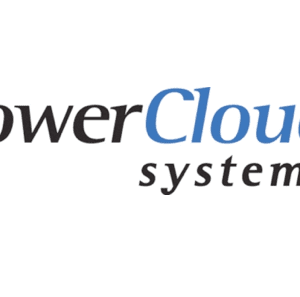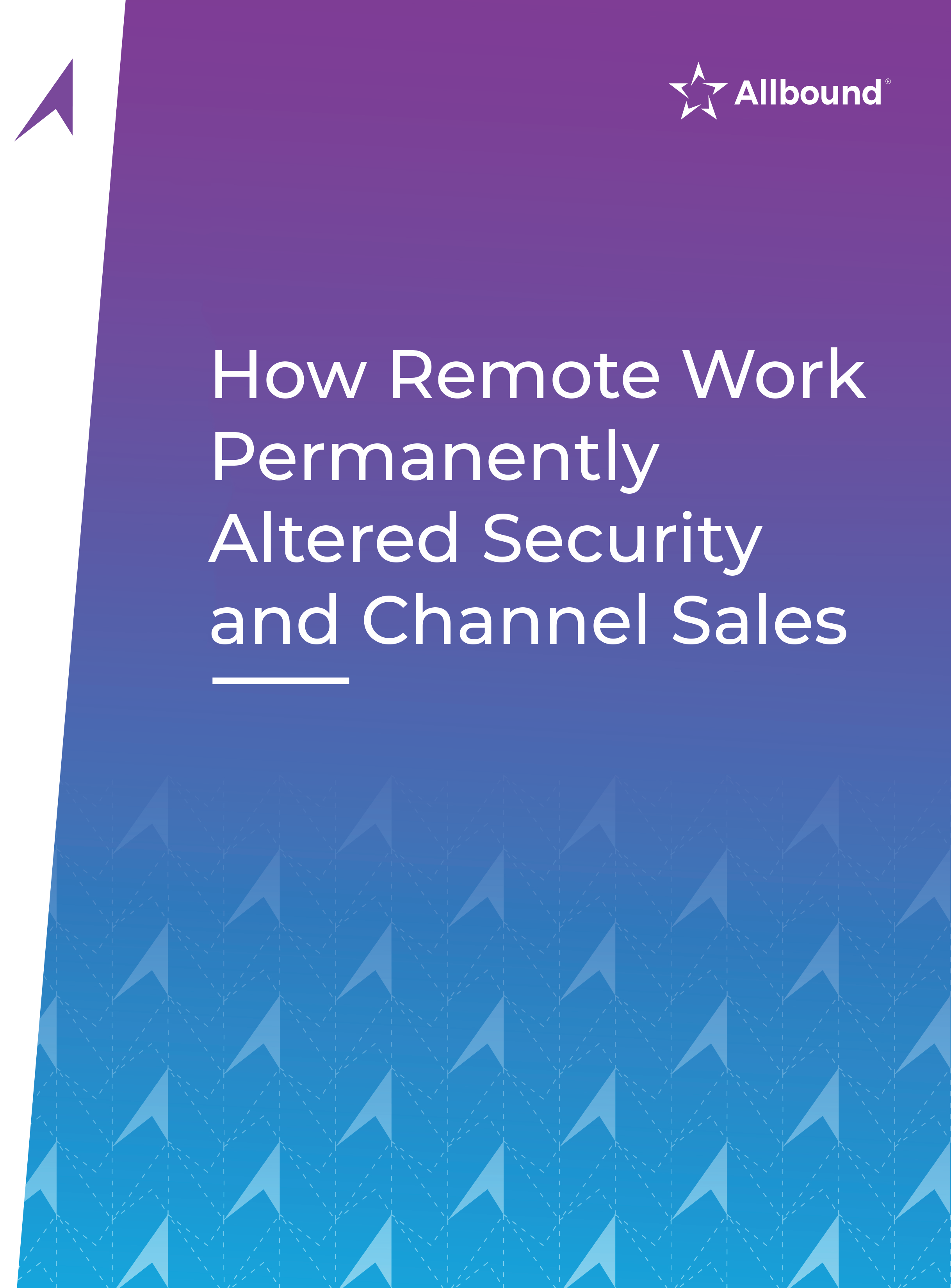Special Features
The Channel Partner Model For Driving Connected Security
 By Marvin Blough, VP Channels and Alliances, Dell Software Group
By Marvin Blough, VP Channels and Alliances, Dell Software Group
The security landscape continues to change dramatically and customers are dealing with new, difficult and complex threats every day. Cyber criminals are attacking more frequently and launching new and unprecedented types of attacks. At the same time, there’s pressure on IT security staff to deliver comprehensive protection with shrinking budgets. That creates a powerful opportunity for skilled security partners. In order to ensure 24×7 protection against threats, many companies need cutting-edge guidance on how to choose the right security solution, implement that solution and ensure threat prevention on an ongoing basis.
IT Trends Impacting Security
According to a February 2014 Dell-sponsored global security survey conducted by Vanson Bourne, a new generation of unknown security threats is exposing organizations to a multitude of new risks. When combined with an increased volume of attacks from cyber criminals, this is creating a perfect storm of vulnerability.
In this survey of 1,440 IT decision-makers from private and public organizations with 500 employees or more, 74% of respondents indicated they plan to increase their spend on IT security in the next two to three years. As many as 73% of respondents said they experienced a security breach in the last 12 months.
Top trends that pose a concern for survey respondents include:
- BYOD: Respondents highlighted mobility as a key cause of breaches, with increased mobility and user choice flooding networks with access devices that provide many paths for exposing data and applications to risk.
- Cloud: Many organizations today use cloud computing, potentially introducing unknown threats that lead to targeted attacks on organizational data and applications. In fact, 21% of respondents said cloud applications or service usage are the cause of their security breaches.
- Internet and Browser-Based Apps: The significance of the unknown threats that result from heavy use of Internet communication and distributed networks is evidenced by the 63% of respondents who ranked increased reliance upon Internet and browser-based applications as a top concern in the next five years.
These industry concerns demonstrate that for many business leaders, dealing with security around basic and common IT trends remains a top priority. Security can no longer be viewed as an add-on. Rather, it’s imperative that security is embedded in the fabric of software and in every device, inside or outside a corporate network. Up to 76% of IT leaders agreed that to combat today’s threats, organizations must look at perimeter security from both an internal and external point of view. This requires a comprehensive set of solutions that protects from the inside out and the outside in — from the endpoint, to the data center to the cloud.
Connected Security
Controlling or managing one aspect of security is just the tip of the iceberg. It is imperative that a connected security approach is implemented to keep security intact and protect against threats coming from all angles. Protection against known threats requires next-generation firewalls, intrusion prevention systems, up-to-the minute security information, event management, and encryption to detect and react in real time. It requires an understanding of a company’s user base and data, and the insight to assign and maintain the right access to the right systems all the time.
Partners play a key role in building robust and connected security solutions for customers, as successful deal execution and implementation requires strong value added and professional service and cutting edge expertise. This in turn creates an opportunity for partners to achieve increased margins, ongoing services offerings and better customer retention.
Partner Opportunities
Partners that operate efficiently can add value during the sales cycle to become trusted advisors, rather than one-time sales consultants. To do this, partners need to gain customers’ trust when dealing with their most sensitive information and position themselves as advisors rather than transactional product suppliers.
Organizations might not know what they need in order to protect their business and stay compliant. These needs might be as straight forward as putting a plan in place to ensure software migration to the latest version of the operating system in order to reduce vulnerability, but they will also be far more complicated. As threats become increasingly sophisticated, vulnerabilities are being exploited and organizations must find support to tackle these issues. Blended attacks, for example, exploit weaknesses between point security solutions such as a legacy corporate firewall and a dedicated IPS appliance. Although both may be operating as normal, the interaction between them could create a weak link particularly if they are each from different vendors.
Partners have access to a wide range of security solutions and can help customers select the right option for their requirements. With many organizations facing a shortage in cyber security skills, trained and skilled partners can make a tremendous difference for end-user organizations. When partners become trusted advisors in the security space, they can differentiate their companies definitively from the competition and create a true partnership with their customers that will serve both parties for years to come.
Marvin Blough is the Executive Director, Worldwide Channels and Alliances for Dell Software Group. Prior to the May 2012 acquisition, Marvin was Vice President Worldwide Sales at SonicWALL. His tenure at SonicWALL included two years as Vice President of EMEA while on assignment in Europe.
Prior to joining SonicWALL, Blough was Vice President of OEM and Strategic Sales at Phobos Corporation before the company was acquired by SonicWALL in October 2000. Blough grew his career over a 10-year period at Novell in sales leadership positions covering both public and commercial segments. Prior to joining Novell, Blough worked in sales at Moore Business Systems, United Technologies and Xerox Corporation. Blough has 20 years of technology sales and marketing experience and holds a Bachelor’s of Science Degree in Business from Virginia Tech.














